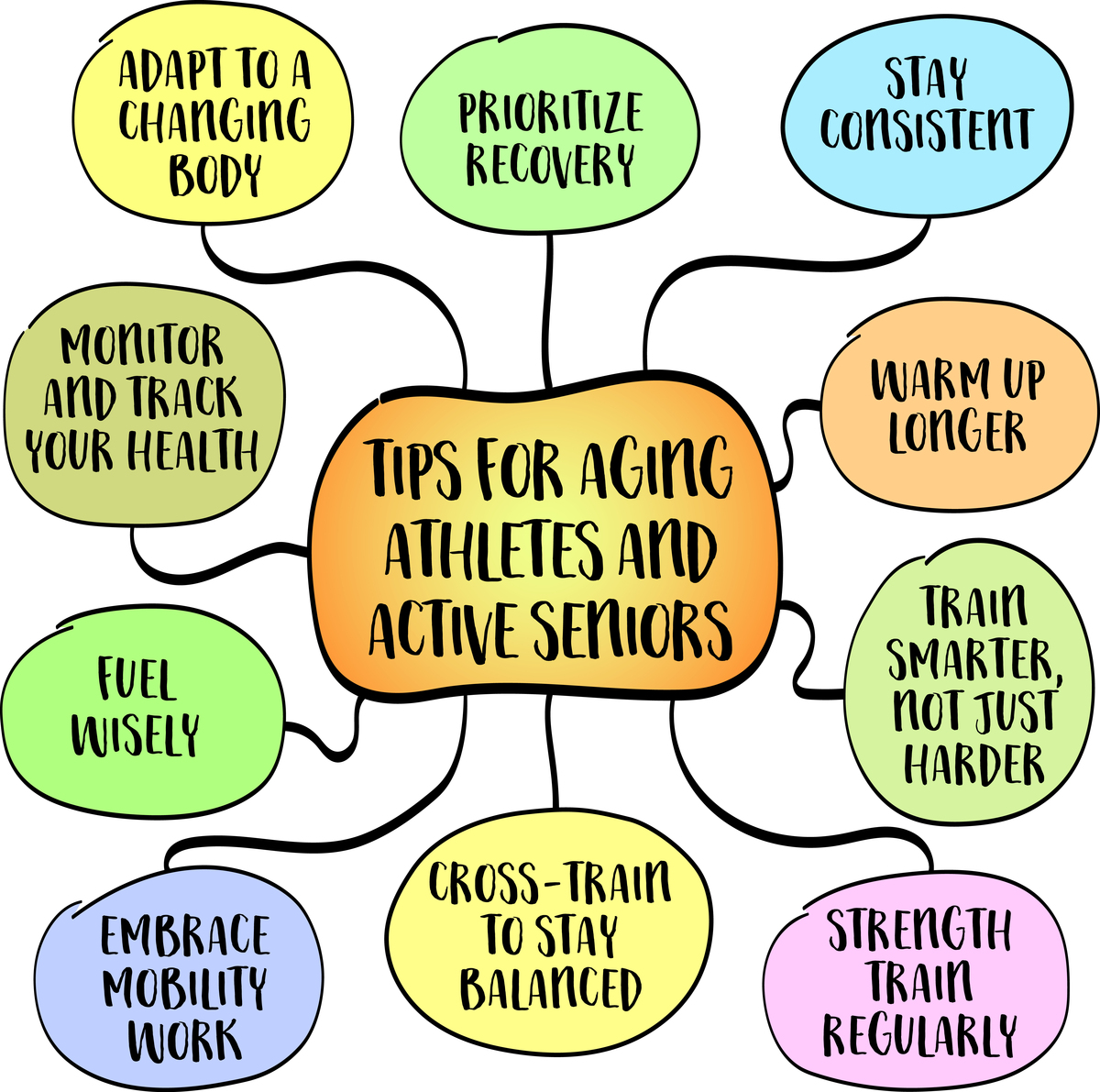以文学阅读的批判性思维为题写一篇3000字论文
Introduction
Literature is a form of art that has been in existence for centuries. It involves the use of language to express ideas, emotions, and experiences. Literature has the power to transform the way we think and feel about the world. Through literature, we are exposed to different perspectives, cultures, and ways of life. Reading literature requires critical thinking, which is the ability to analyze, interpret, and evaluate information. This paper discusses the importance of critical thinking in literature reading and how it can enhance our understanding of the text.
Importance of Critical Thinking in Literature Reading
Critical thinking is an essential skill in literature reading. It allows readers to engage with the text at a deeper level and understand the author's intentions. Critical thinking involves questioning and analyzing the text, looking for underlying meanings, and evaluating the author's arguments. It helps readers to identify biases, assumptions, and contradictions in the text. Through critical thinking, readers can develop their own opinions and ideas about the text.
Literature is rich in symbolism, imagery, and metaphor. Critical thinking helps readers to identify and interpret these literary devices. It allows readers to understand the deeper meanings and themes of the text. For example, in William Golding's Lord of the Flies, the island is a symbol of the boys' isolation from society and represents the breakdown of civilization. Through critical thinking, readers can identify this symbolism and understand the author's message.
Critical thinking also helps readers to evaluate the author's arguments and evidence. It allows readers to identify logical fallacies and weak points in the argument. For example, in Jonathan Swift's A Modest Proposal, the author proposes that the Irish should sell their children as food to the rich. Through critical thinking, readers can identify the satirical nature of the text and the absurdity of the proposal.
Critical thinking enables readers to develop their own opinions and ideas about the text. It allows readers to engage with the text and form their own interpretations. Through critical thinking, readers can identify their own biases and assumptions and evaluate them in light of the text. It helps readers to develop a deeper understanding of the text and its relevance to their lives.
How to Develop Critical Thinking in Literature Reading
Developing critical thinking skills in literature reading requires practice and effort. Here are some ways to develop critical thinking skills:
-
Ask Questions: When reading a text, ask questions about the author's intentions, the meaning of the text, and the relevance of the text to your life. Asking questions helps to identify assumptions and biases in the text.
-
Identify Literary Devices: Literature is rich in symbolism, imagery, and metaphor. Identify these literary devices and their meanings. This helps to understand the deeper themes of the text.
-
Evaluate Arguments: Evaluate the author's arguments and evidence. Identify logical fallacies and weak points in the argument. This helps to understand the author's message.
-
Compare and Contrast: Compare and contrast the text with other texts. This helps to identify similarities and differences and to develop a deeper understanding of the text.
-
Reflect: Reflect on the text and its relevance to your life. This helps to develop your own opinions and ideas about the text.
Conclusion
Critical thinking is an essential skill in literature reading. It allows readers to engage with the text at a deeper level and understand the author's intentions. Critical thinking involves questioning and analyzing the text, looking for underlying meanings, and evaluating the author's arguments. It helps readers to identify biases, assumptions, and contradictions in the text. Through critical thinking, readers can develop their own opinions and ideas about the text. Developing critical thinking skills in literature reading requires practice and effort. It involves asking questions, identifying literary devices, evaluating arguments, comparing and contrasting, and reflecting on the text. By developing critical thinking skills, readers can enhance their understanding of the text and its relevance to their lives

原文地址: https://www.cveoy.top/t/topic/hpaF 著作权归作者所有。请勿转载和采集!